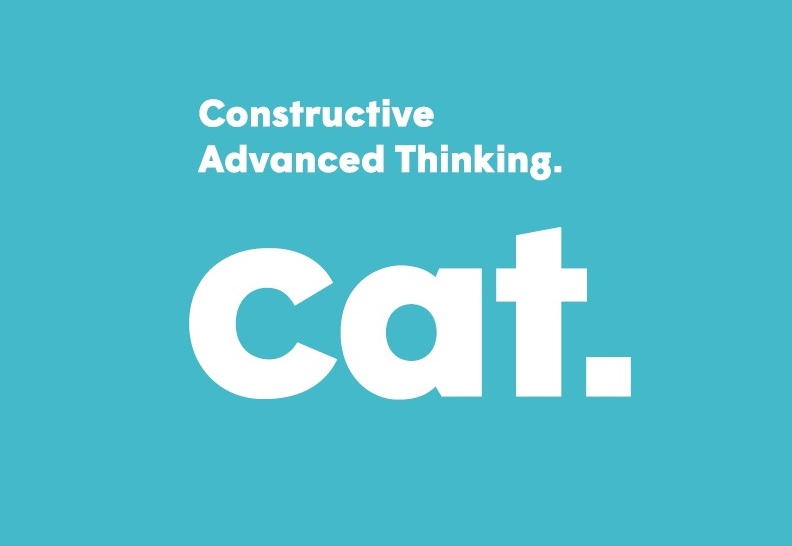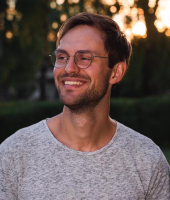Kjølv Egeland
Kjølv Egeland is a senior researcher at NORSAR, a research institute in Norway, focusing on nuclear politics and disarmament. Kjølv finished his DPhil at the University of Oxford in 2018 and spent four years as a post-doc at the Center for International Studies at Sciences Po in Paris.
He joins the Paris IAS in October 2024 for a group research stay as part of the CAT collaborative program, working with researchers Lyndon Burford, Heba Taha, Tom Vaughan, and Jana Wattenberg.

Research Interests
International security, nuclear disarmament, climate politics, IR theory
(Collaborative project, awarded a NetIAS Constructive Advanced Thinking grant, 2021-2024)
Key Publications
'Climate security reversed', Environmental Politics, 2023
'A theory of nuclear disarmament', Contemporary Security Policy, 2022
'Who stole disarmament', International Affairs, 2020
|
|
|
|
|
|
